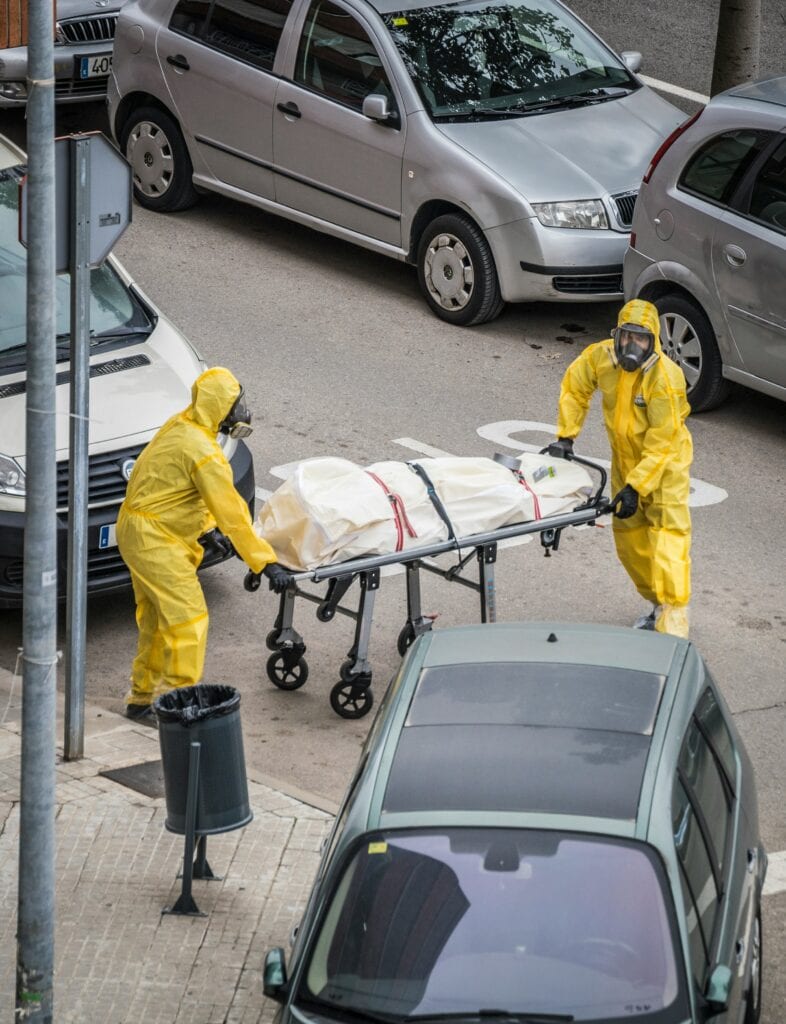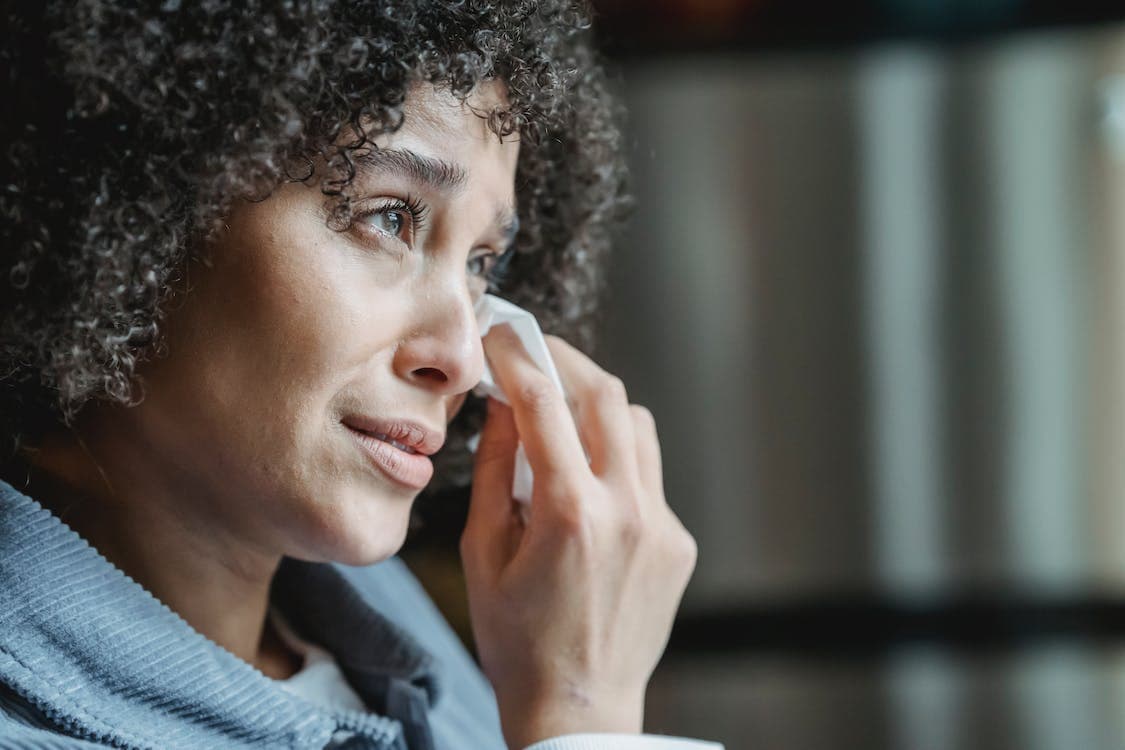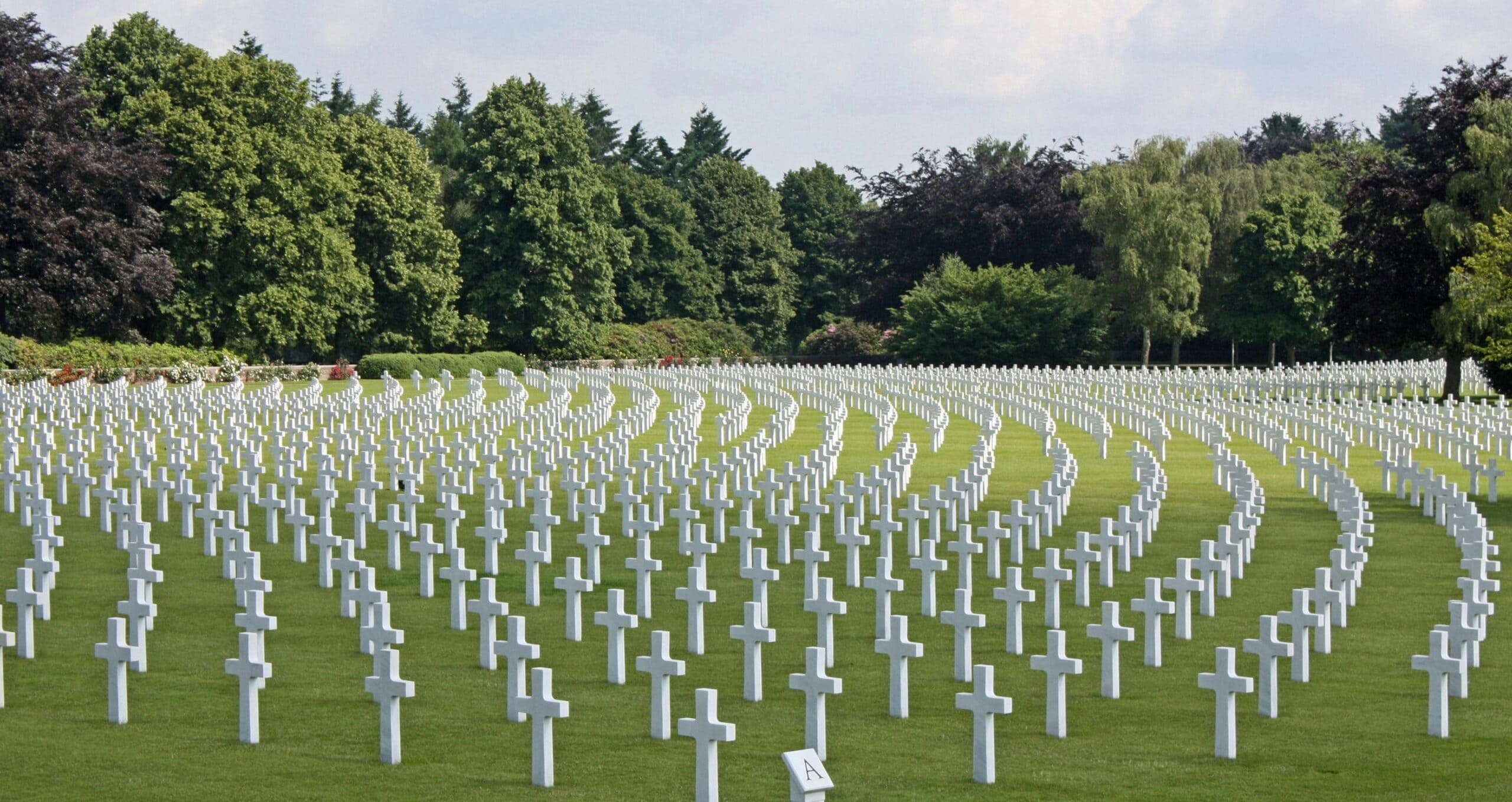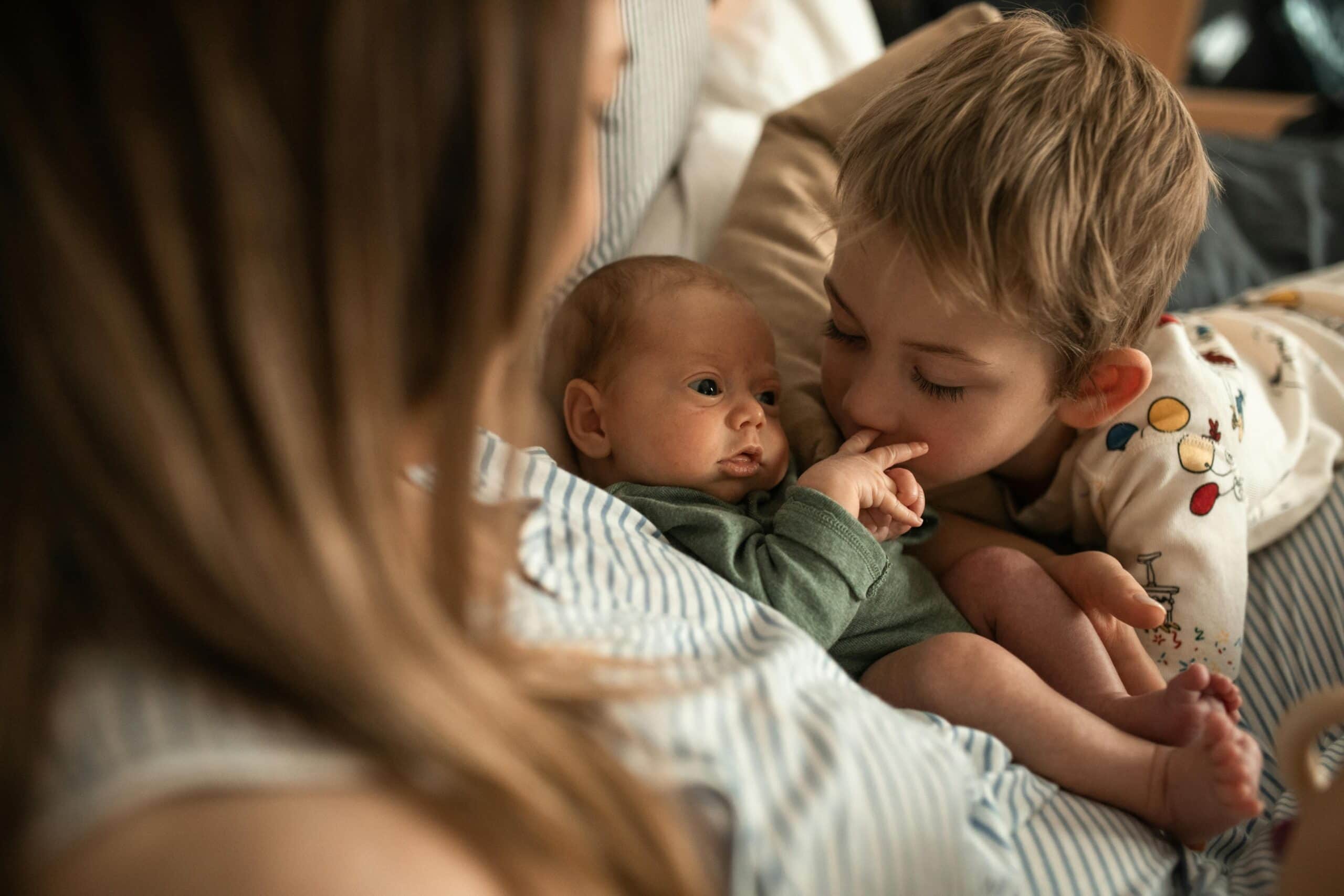
Losing a loved one unexpectedly is a devastating experience. When the loss stems from another person’s actions—whether accidental or intentional—it raises questions about accountability. This is where the legal concepts of wrongful death and manslaughter come into play. So, what is the difference between wrongful death and manslaughter?
Although they both involve a person’s untimely death, they are distinct in their purposes and procedures. Similarly, the personal injury claim and the criminal case from these cases are also different. Let’s explore the differences between wrongful death and manslaughter and why these distinctions matter.
It will help you better understand whether the situation calls for murder charges or what other options you have when you seek justice. After all, these cases might get ruled as first-degree murder and second-degree murder.
Understanding Wrongful Death
Wrongful death refers to a legal claim brought by the surviving family members of a deceased person. It occurs when someone’s negligence or intentional misconduct results in another person’s death. But the question is, can you go to jail for wrongful death in Nevada?
The answer is no. Unlike manslaughter, which is a criminal charge, wrongful death is a civil claim aimed at seeking financial compensation for the family’s losses.
Key Characteristics of Wrongful Death Claims
Legal Basis:
A wrongful death claim arises when a responsible party causes a death through negligence, recklessness, or a wrongful act. This includes cases like car accidents, medical malpractice, or workplace accidents.
Who Can File?
Typically, surviving family members, such as spouses, minor children, or parents, are eligible to file a wrongful death lawsuit. In some cases, the representative of the deceased’s estate can file the claim.
Purpose:
The goal is to provide compensation for losses, which may include:
Medical bills incurred before the death
Funeral expenses
Lost income and future earnings
Emotional suffering and loss of companionship
Wrongful death claims are handled in civil court, where the burden of proof is lower than in criminal cases. Plaintiffs need to prove their case by a preponderance of the evidence, meaning it’s more likely than not that the defendant’s actions caused the death.
What Is Manslaughter, and What are Its Types?
Manslaughter is a type of criminal homicide involving the unlawful killing of another person but without the premeditation required for a murder charge.
Manslaughter is a criminal offense and can lead to severe consequences, including imprisonment. Its types may include the following, depending on the nature and situation of the crime:
Voluntary Manslaughter:
This occurs when a person kills someone in the “heat of passion” after being provoked. Although there is no premeditation, the act is intentional.
Involuntary Manslaughter:
This involves an unintentional killing that happens due to reckless or negligent behavior. For instance, DUI manslaughter occurs when someone causes a fatal accident while driving under the influence.
In manslaughter cases, the prosecution must prove the defendant’s guilt beyond a reasonable doubt in criminal court. Unlike wrongful death claims, the primary goal is not financial compensation but to hold the defendant criminally responsible.
Key Differences Between Wrongful Death and Manslaughter
While both involve the death of a person caused by another’s actions, their legal concepts serve different purposes.
1. Legal Nature
Wrongful Death:
A civil matter focused on helping the deceased person’s family recover financial losses. It seeks compensation for damages like medical expenses, funeral costs, and emotional suffering.Manslaughter:
A criminal charge is aimed at punishing the defendant for their reckless or negligent actions that led to a death.
2. Burden of Proof
Wrongful Death Cases:
Plaintiffs must prove the defendant owed a duty of care to the deceased and that their actions directly caused the death. The standard of proof is lower, as they only need to establish liability by a preponderance of the evidence.Manslaughter Charges:
Prosecutors need to prove the defendant’s actions meet the criteria for criminal homicide beyond a reasonable doubt, a much higher standard of proof.
3. Purpose and Outcome
Wrongful Death Claims:
The goal is to seek fair compensation for the family’s economic and non-economic losses.
Manslaughter Cases:
The aim is to hold the defendant criminally accountable, with potential penalties including fines, probation, or imprisonment.
When Wrongful Death and Manslaughter Overlap
In some cases, both wrongful death and manslaughter claims can be pursued simultaneously. For example, if a person causes a fatal car accident due to reckless driving:
They may face involuntary manslaughter charges in criminal court.
The victim’s family may file a wrongful death lawsuit in civil court to recover compensation.
These cases operate independently, and the outcome of one does not necessarily determine the other. However, a criminal conviction can sometimes strengthen the civil case.
The Importance of Financial Compensation in Wrongful Death Cases
Losing a loved one impacts more than just emotional well-being—it often brings significant financial strain. Wrongful death claims help surviving family members recover the resources they need to move forward. However, it is necessary to realise how long the financial compensation for wrongful death case
Types of Damages in Wrongful Death Claims
Economic Damages:
These cover tangible losses, such as:Medical bills incurred before the death
Funeral and burial expenses
Lost income and potential future earnings
Job benefits like health insurance or retirement contributions
Non-Economic Damages:
These address the emotional and psychological toll, including:Loss of companionship and guidance
Emotional suffering
Pain and suffering experienced by surviving family members
Punitive Damages:
In cases of egregious misconduct, courts may award punitive damages to punish the defendant and deter similar behavior in the future.
Why Legal Representation Matters: How an Attorney Can Help?
Whether dealing with a wrongful death claim or navigating the complexities of criminal homicide cases, having experienced attorneys on your side is critical.
For Wrongful Death Cases:
An attorney will gather essential evidence, such as witness statements, pay stubs, and employment contracts, to build a strong case for compensation.They’ll also handle negotiations with insurance companies and, if necessary, take the case to court.
For Manslaughter Charges:
If you’re the defendant, an experienced lawyer will work to protect your rights and challenge the evidence against you.If you’re the victim’s family, they can help you understand the criminal proceedings and their potential impact on a civil claim.
What You Should Remember:
The distinction between wrongful death and manslaughter is crucial when seeking justice for the untimely death of a loved one.
While wrongful death claims focus on financial compensation for surviving family members, manslaughter charges aim to hold the responsible party criminally accountable.
Understanding these legal frameworks ensures that families and defendants alike can pursue the appropriate legal action.
If you’ve lost a loved one due to someone else’s negligence or reckless behavior, consult with a qualified attorney to explore your options and seek the justice and compensation you deserve.
Get Expert Legal Guidance from Bourassa Law Group
At Bourassa Law Group, we understand the profound impact an untimely death can have on your family. Our experienced attorneys are here to help you navigate both wrongful death claims and their intersection with criminal charges.
We’ll fight to ensure you receive the fair compensation you deserve while holding the responsible party accountable.
Contact us today for a free consultation to discuss your case. Let us guide you toward justice during this challenging time.





